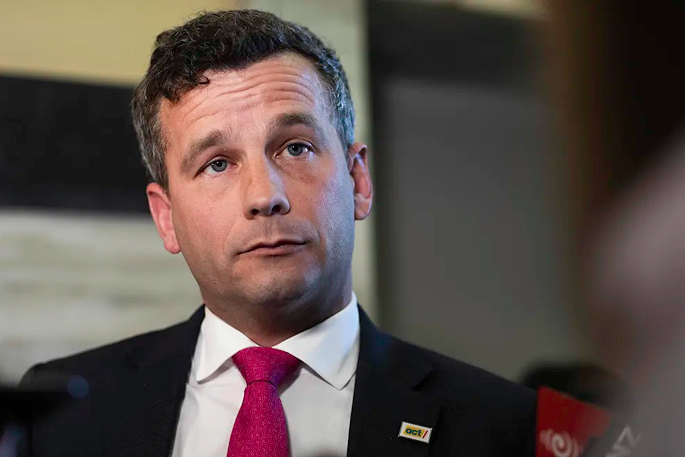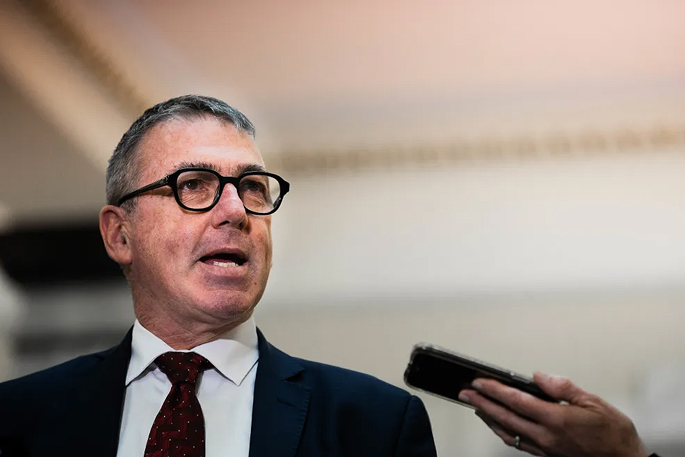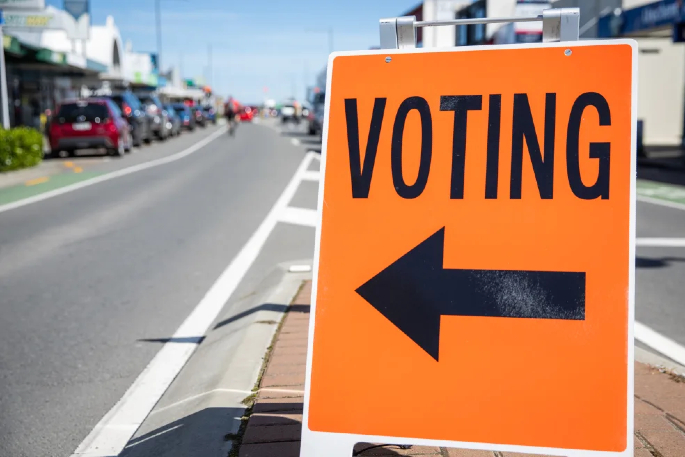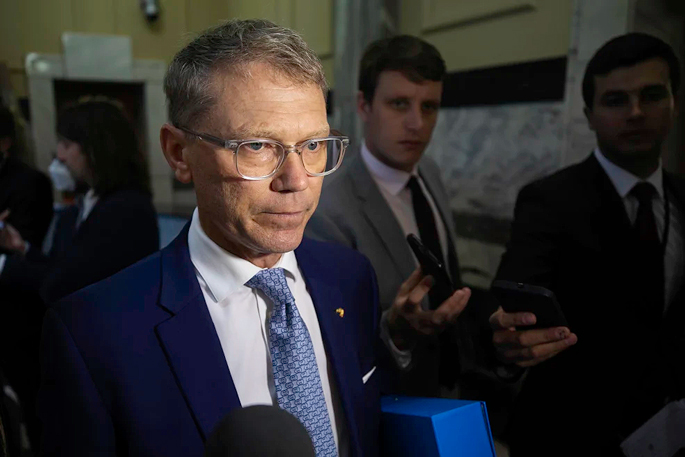Local Government New Zealand says a four-year term for councils could be a good test case for Parliament, but warns it's worth avoiding double-election years.
Both National's coalition agreements promise to get a proposal for a referendum on a four-year Parliamentary term as far as select committee, but the party has so far withheld support beyond that.
LGNZ is an umbrella group representing councils, and president Sam Broughton says they are firmly in favour of such a move, and have been for some time.
"A four-year term changes the landscape really, it means we end up with a whole lot less waste and wasted time and public money in the system, and means that we can have some long-term thinking - particularly when it involves infrastructure planning and investment.
"When you're thinking about infrastructure investment - that 10-30 year pipeline - and if lots of things change every three years, that uncertainty doesn't help with workforce gathering, doesn't help with the private sector and their certainty of private-public partnerships."
He says councils do lots of good work in their second year - but that's sandwiched between the first year of building relationships and resolving conflicts after the election, and the third year of campaigning.
"Then the process repeats, and every three years you get one good year. If we move to a four-year term you could double the productive year in the middle, could have two instead of one, you'd have less change and more stability in the system."
While the Parliamentary term is entrenched - meaning it will need either a referendum or three quarters of MPs to support a change - a longer term for local government will be a simpler change in the law.
Broughton, who is also mayor of Selwyn District, wants a four-year term introduced for councils first.
"I think that way we could look at how it works, use it as a trial and a test case to show New Zealanders that we could get better outcomes at cheaper costs," he says.
However, this is complicated by the ACT Party's proposal - which the government promises to put forward within 15 months - that makes other changes including making four years an option for governments that hand control of select committees to the opposition.
 ACT leader David Seymour's proposal for a four-year term would make it contingent on the government turning over control of select committees to the opposition. Photo: RNZ / Angus Dreaver.
ACT leader David Seymour's proposal for a four-year term would make it contingent on the government turning over control of select committees to the opposition. Photo: RNZ / Angus Dreaver.Broughton says certainty would be preferable.
"I think some certainty is important, and I would think that a four-year term - for the reasons I've outlined - is better than a three year term. So yeah, movement and certainty towards four years is preferred."
The optional nature of the ACT proposal will mean the gap between Parliamentary elections could theoretically waver between three or four years.
This could also mean - regardless of what the gap for councils is - voters can be making a choice for their local councils and central government around the same time.
The bill's author, David Seymour, told RNZ he has not thought about how the change could affect local government but he doesn't think having dual elections will be a problem.
"Well, I haven't thought about the dynamics of local government and whether local government should be changed for its own purpose. So far as the overlap, I don't think it's a major problem - we have by-elections at various times both at local and central government level and people seem to manage."
Labour's Duncan Webb disagrees.
"I think that's a very real prospect, and having simultaneous elections would be confusing for voters. The other advantage of a four-year term is that you could stagger elections so you could have them in two-year intervals.
 Duncan Webb Photo: RNZ / Samuel Rillstone.
Duncan Webb Photo: RNZ / Samuel Rillstone."I do think that there is a good argument to say local government electoral cycles should track those of central government."
LGNZ's Sam Broughton also says it's worth avoiding overlap.
"I don't think you want to see the massive change of all local and central government all being changed at the same time - I don't think that helps, again, with the continuity and delivery of public goods to New Zealanders.
"I think it's worth trying to avoid that, and that's where ... having certainty of four years for both is important."
National's Justice Minister Paul Goldsmith says the government has not made decisions on whether local government terms should also be changed, but that's part of the discussion to be had as part of the legislative process which will determine the party's position.
"There would be a certain logic to it, wouldn't there," he says.
"There's a simple tension there and that I think is what the purpose of introducing this bill, and having that discussion at the select committee process, is to flush out all those arguments again."




1 comment
LGNZ, not looking our for locals
Posted on 16-02-2024 10:41 | By an_alias
Yeah those guys are the least democratic in the world and no surprise by there recommendation.
I have no surprise if ALL MPs back this idea as heck they want to be in there as long as they can without getting voted out.
How about we put a clause in that at any point we can get a vote to fire them ?
You bet they wont want that.
Leave a Comment
You must be logged in to make a comment.